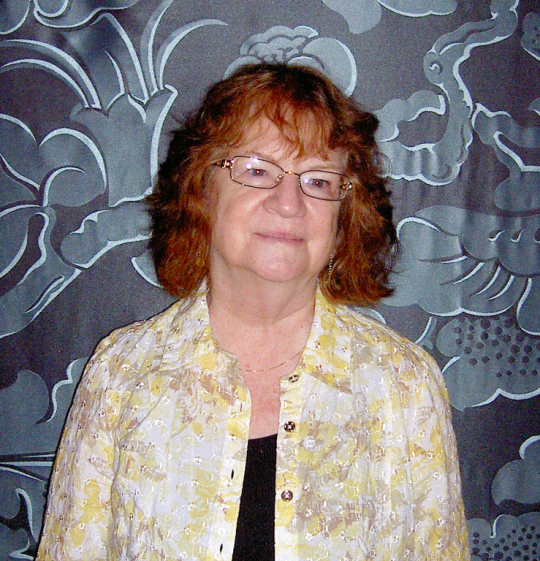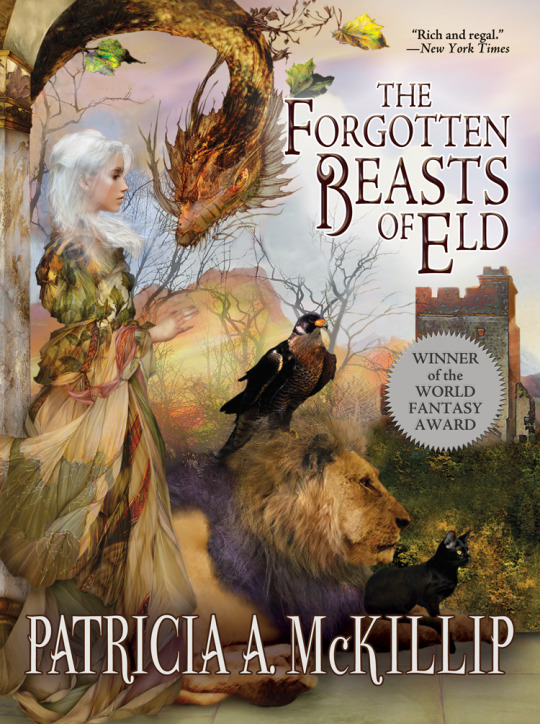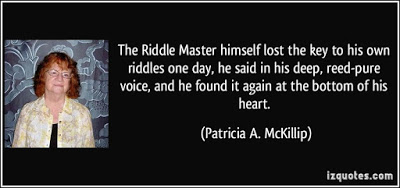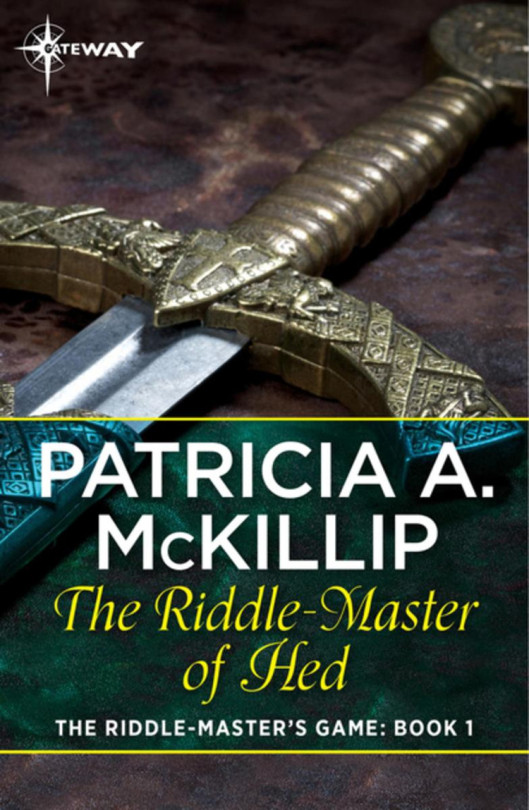Patricia A. McKillip’s enchanting THE FORGOTTEN BEASTS OF ELD is beautiful

Photo: Stephen Gold/Wikimedia Commons
At MARTHA READS, Martha Eskuchen praises Patricia A. McKillip’s World Fantasy winner THE FORGOTTEN BEASTS OF ELD.
This story is enchanting with the wonderful beasts who speak, often in riddles. They don’t seem to mind terribly being caged by their gentle mistress although some of them do chaff and want things beyond her territory. Their reactions as the tensions escalate between the opposing tribes of men are an interesting element added to the tale. The story speaks to the human heartaches of love and hate, and the poison and losses that spread from bitterness and obsessive revenge. The story evoked emotions, high and low, in me as I feared what might happen and wondered at events that did happen.
The writing is beautiful with a lovely fairy tale quality. I was not familiar with most of the named beasts and, as far as I know, this is an original fairy tale. I highly recommend this to readers who enjoy fairy tale fantasy.

STARS UNCOUNTED makes several mentions of McKillip in their essay “Riddle Mastery.”
It is sad really that the art of making and answering riddles has been so diminished since the advent of modern history, or at least since collapse of the time-honored respectability granted to Bards, storytellers, and others who partake in oral traditions.
“The riddle-game was sacred and of immense antiquity, and even wicked creatures were afraid to cheat when they played at it.” – J.R.R. Tolkien
These days it is only those who works within the realms of Fantasy who wholly and truly appreciate the power and potency of riddles, a far cry from when Kings and Heroes placed great weight upon them. Then again, why not? For in the Fantasy genre lives the misty mystery of the ancient past, and so we glory in the enigmatic and such puzzles as twists minds into first comprehending and then solving Gordian Knots. However, true and masterful usage of riddles is rare even within Fantasy literature.

But, in my not entirely humble opinion, no Fantasy author makes better use of riddles than Patricia A. McKillip in her books THE FORGOTTEN BEASTS OF ELD and The Riddle-Master trilogy. In the latter, the ancient art of riddlery is taught at the College of Caithnard – the study based on books recovered from the ruins of the School of Wizards. The riddles in the series are composed of three parts – the question, the answer, and the stricture – and are both a way of recording history and a guide to living life. Riddles play a crucial role in the series, the main protagonist, Morgon of Hed, beginning his journey by winning the crown of the kings of Aum in a Riddle Game with the ancient ghost of Peven of Aum; Peven had a standing wager going that no one could win a riddle-game with him, and those who lost against him forfeited their lives. (This is not a real spoiler, as the reader learns all this and more within the first chapter or two)
“Beware the unanswered riddle.”

It occurs to me that Inquiry Teaching is synonymous with my Riddle-MakerPhilosophy. To expand young minds, those minds must find the answer themselves and with limited hints.
It can either be found by, or given to you, whCover by Thomas Cantyen found you understand it, when given you might not = ?
Designing a curriculum is also akin to making a Riddle; working backwards, first you think of what you want to teach and then how to teach it.As Patricia A. McKillip, author of THE FORGOTTEN BEASTS OF ELD and The Riddle-Master trilogy says, “When caught between the riddle and its answer there is no freedom,” which is exactly why Inquiry Teaching has proven to be such an effective method of teaching children (who, in my experience, are the best riddle-solvers). Furthermore, not only are children typically the best riddle-solvers, they, at least in my experience, more often than not become addicted to them and subsequently develop great respect for the riddle-maker.
For more info about THE FORGOTTEN BEASTS OF ELD, visit the Tachyon page.
Cover by Thomas Canty
